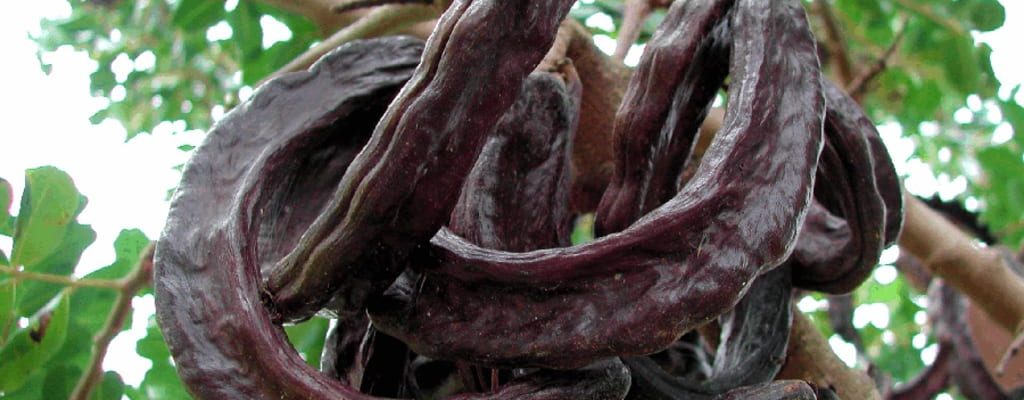Health benefits of Prekese (Tetrapleura tetraptera)
This is a great plant that has been used in Africa over a long period, and it is often used as an ingredient in our daily meal, brewed to be taken as tea and lots of other uses.
Prekese is a fruit that comes from a tree native to West Africa and Central Africa. It has a strong, sweet scent and a slightly sweet and stringent taste. It is used as a spice and a medicine for various purposes. Here are some facts about prekese that you may find interesting:
Prekese is also known as prɛkɛsɛ (soup perfume), oshosho, osakirisa, ubukirihu or aidan fruit. It has different names in different languages, such as uhio (uhiokrihio) in Igbo and aridan in Yoruba.
Constituent of Prekese
Prekese is rich in phytochemicals, nutrients, and antioxidants. It contains tannins, flavonoids, starch, iron, potassium, calcium, zinc, phosphorus, and phenolic compounds It also has anti-inflammatory, antimicrobial, antiviral, antidiabetic, anticancerous, antimutagenic, and hepatoprotective properties.
Prekese can help with various health conditions,
such as diabetes, hypertension, fever, gastrointestinal disorders, weight loss, infections, anaemia, asthma, and pregnancy. However, it may also have some side effects, such as lowering blood pressure too much, causing uterine contractions, interfering with fertility, causing stomach problems, or reducing mineral absorption. Therefore, it is advisable to consult a doctor before using prekese as a medicine.
6. Fever Reduction: Soaking in water infused with Prekese can relieve fever and body temperature.
7. Hypertension: The stem and bark of the plant can be used to treat high blood pressure.
8. Convulsion Management: It is traditionally used to treat convulsions and is helpful for epilepsy patients.
9. Pain Relief: Prekese has analgesic properties and can reduce inflammation in arthritis and rheumatism.
How to use prekese
Prekese can be used as a spice to add flavour and aroma to dishes and drinks. It is mostly used to prepare palm nut soup and other types of soups called light soup. It can also be added to smoothies, salads, or baked goods. Prekese products are available as fresh fruit, dried powder, or supplements.
Spiritual uses of prekese
Prekese has a cultural and spiritual significance in some African communities. It is used as a symbol of authority and royalty by chiefs and kings. It is also used as an offering to the gods and ancestors for protection and blessings
Prekese in the Bible
Side effects of prekese
While Prekese, or Tetrapleura tetraptera, is celebrated for its health benefits, it’s important to be aware of potential side effects, which are generally mild but can include:
- Gastrointestinal Discomfort: Some individuals may experience stomach upset, nausea, or vomiting.
- Allergic Reactions: Those with allergies to plants in the Fabaceae family (legumes) may have allergic reactions to Prekese.
- Moderation is Key: Due to its potency, Prekese should be taken in moderation to avoid any adverse effects.
It’s also recommended to ensure that Prekese is sourced from a reliable provider to avoid contamination or negative effects. As with any medicinal plant, it’s best to consult with a healthcare professional before incorporating Prekese into your health regimen, especially if you are pregnant, breastfeeding, or have existing health conditions.
References
Side effects of prekese

